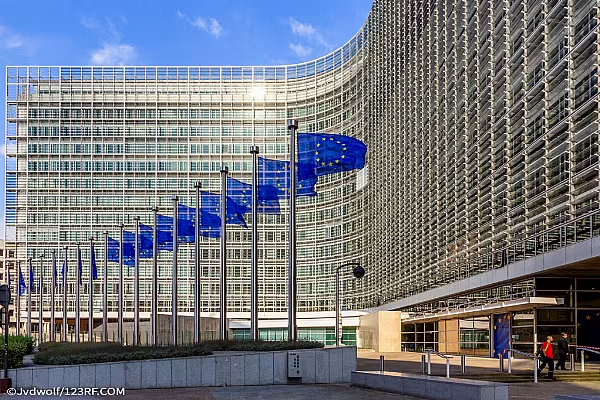EuroCommerce, the European association representing retailers and wholesalers, has expressed serious concerns over the draft Late Payments Regulation, saying that its impact will be disproportionate and dramatic, if the proposal is not reconsidered.
EuroCommerce president, Juan Manuel Morales explained, "The Commission’s proposal goes far beyond addressing late payments by drastically limiting payment terms.
"This will reduce retail and wholesale’s flexibility and capacity to invest and create a financial gap of up to €150 billion. It will be an immense problem for large companies. But even worse, it will hurt the millions of SMEs that contribute to our local communities."
The draft regulation, introduced by the European Commission last month, is an absolute restriction of freedom to negotiate payment terms beyond 30 days, the EuroCommerce noted.
It added that no EU country has rules that are as drastic, and countries with stricter requirements, such as the Netherlands, have some form of derogation or flexibility in place.
'Reconsider The Proposal'
EuroCommerce director general Christel Delberghe added, "Given our sector’s footprint, its impact goes far beyond retail and wholesale, affecting Europe’s economic resilience, consumer prices and choice, and fair competition with non-EU based online intermediaries.
"We are asking EU institutions not to rush this and seriously reconsider the proposal to ensure we can address late payments without interfering with the freedom to negotiate payment terms."
The regulation will massively benefit large suppliers, many of whom are global players established outside the EU, according to EuroCommerce.
Eliminating the negotiation of payment terms will pose additional challenges for European SMEs, limit what they can offer consumers and hinder the opening of new business avenues or shops.
The provision to negotiate payment terms allows distributors to start selling before paying suppliers. This helps retailers in sourcing popular products and their alternatives to offer a diverse range to customers at affordable prices.
It also enables wholesalers to support their business customers by providing credit and flexibility for operating their businesses.
Retail And Wholesale In Europe
The retail and wholesale sector represents one in five businesses and one in four SMEs in Europe, making it the largest private employer in the continent and a major contributor to local communities.
EuroCommerce added that the regulation will also impact the ability of SMEs and large companies to invest in sustainability, digital and skills transition of the sector, which McKinsey estimates is in the order of €600 billion between now and 2030.














